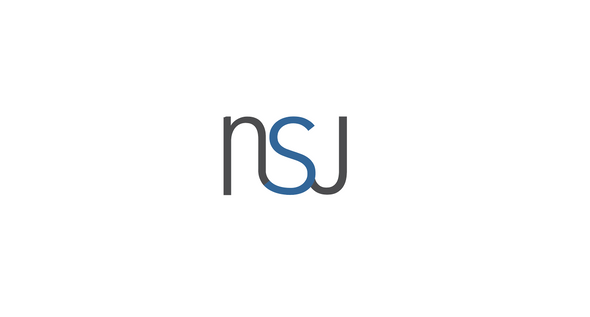Description
PD-L1 Antibody / B7-H1 / CD274 | V3955-20UG | Gentaur US, UK & Europe Disrtribition
Family: Primary antibody
Formulation: 0.2 mg/ml in 1X PBS with 0.1 mg/ml BSA (US sourced) and 0.05% sodium azide
Format: Purified
Clone: PDL1/2746
Host Animal: Mouse
Clonality: Monoclonal (mouse origin)
Species Reactivity: Human
Application: ELISA, WB, FACS, IF, IHC-P
Buffer: N/A
Limitation: This PD-L1 antibody is available for research use only.
Purity: Protein G affinity chromatography
Description: Engagement of CD28 by B7-1 (CD80) or B7-2 (CD86) in the presence of antigen promotes T-cell proliferation, cytokine production, differentiation of effector T-cells and the induction of BCLX, a promoter of T-cell survival. recruitment of CTLA4 by B7-1 or B7-2, on the other hand, may inhibit proliferation and interleukin-2 (IL-2) production. PD-L1 is 290-amino acid type I transmembrane protein, which is 20% and 15% identical to B7-1 and B7-2, respectively, has immunoglobulin V-like and C-like domains and a 30-amino acid cytoplasmic tail. PD-L1 does not bind CD28, cytotoxic T-lymphocyte A4 or ICOS (inducible co-stimulator). IL-2, although produced in small amounts, is required for the effect of PD-L1 co-stimulation. PD-L2 protein contains a signal sequence, IgV- and IgC-like domains, a transmembrane region and a cytoplasmic region. Constitutive expression of PD-L1 and PD-L2 on parenchymal cells of heart, lung and kidney suggests that the PD-1-PD-L system could provide unique negative signaling to help prevent autoimmune diseases.
Immunogen: A portion of amino acids 39-191 from the human protein was used as the immunogen for this PD-L1 antibody.
Storage: Store the PD-L1 antibody at 2-8oC (with azide) or aliquot and store at -20 °C or colder (without azide).






